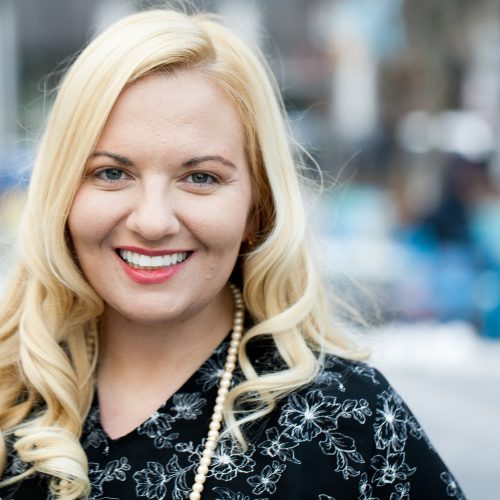About

I work with clients around the country to help them understand what OCD is, to help them understand their unique experience of OCD, and to make sure they understand what works in OCD treatment (and what works again them!).
I create a custom gameplan for my clients so they can learn how to react to their thoughts, fears, and compulsions in a healthy way. I work with my clients to replace behaviors that are making their OCD worse with new habits that, over time, will make their OCD less bothersome. I work with clients around the United States, via phone and Skype, and I see clients in person in Philadelphia.
I have spoken about OCD awareness and how everyone can benefit from learning OCD coping mechanisms at over 100 colleges around the country, including Cornell University, Duke University, Brown University, Boston University, Boston College, NYU, the University of Virginia, the University of Alabama, the University of Southern California, and the University of Missouri.
People who meet me have no idea that I have no OCD. My OCD is still part of my life, but it doesn’t run my life.
I work to raise awareness about OCD and make it easier for people struggling with anxiety, intrusive thoughts, or uncomfortable obsessions and compulsions to explore whether they may have OCD and seek OCD treatment opportunities.
I give people with OCD the tools to turn down the volume on their OCD thoughts and get back to living their lives.
Before I was diagnosed with OCD, I pictured the thoughts in my brain like a tangled ball of barbed wire. Catastrophic scenarios played out in my head and I felt “on guard” all the time. It took me thirty minutes to check that I had set my alarm clock at night, because I was obsessed with the idea that I would oversleep and be late for work (and get fired).
I had a cool job at a startup (where they actually really liked me), an apartment in Brooklyn that I loved, and a great social life. But I also had a constant, nagging sense that I needed to protect myself in a world that felt hostile. Every day, I agonized over a new catastrophe that seemed poised to ruin my life.
When things got too dark for me to handle alone, I reached out and told some people I trusted, “I don’t know what is happening right now, but something is very, very wrong.”
After I was diagnosed with OCD, things got even darker. I had a really hard time finding a therapist who specialized in OCD treatment. If you don’t approach OCD treatment with the specific methods and tools to deal with irrational worries, it’s like scratching a rash to make it fade away. I talked with therapists who suspected I had repressed trauma and who wanted to analyze what I was afraid of. I talked with therapists who wanted to unpack all my fears and figure out where they came from.
(While I’m sure these providers were well-intentioned, this isn’t how you treat OCD. By contrast, trying to solve OCD problems with logic usually makes them worse)
What I needed was someone who could coach me on how to react to my irrational fears and not “feed the OCD monster.”
For a year, I got worse instead of better.
I eventually found a therapist who specialized in OCD, and saw her twice a week for a year. I joined an OCD support group. I read every book on OCD I could find. I started meditating. I started telling people I had OCD and realized that way more people than I was aware of had OCD.
I started coaching other people who had OCD. I started my own OCD support group. I spoke at colleges about OCD awareness and how everyone can benefit from learning OCD coping mechanisms.
I created my own OCD recovery methodology, a gameplan that could be customized and tailored for individuals to identify their OCD symptoms and chart out their path to recovery.
I’ve also written about OCD, mental health, and personal/professional development for publications like USA Today, Newsday, the Washington Post, the Christian Science Monitor, Fast Company, and the Economist.
Today, I live in Philadelphia, PA, where I write, speak, and coach clients who want to befriend their brains and live happier, healthier lives… with OCD.
Instead of seeing OCD as a mental illness or a disease, I see OCD as a lifestyle. It’s powerful to accept that you have OCD and that it doesn’t really “go away.” You can add so much light to your life when you decide that OCD is part of your life experience; you can decide that you want to learn to live as harmoniously as possible with it. And in most cases, the coping tools that you develop as you heal from OCD help you become a more self-aware, observant, and compassionate person.






